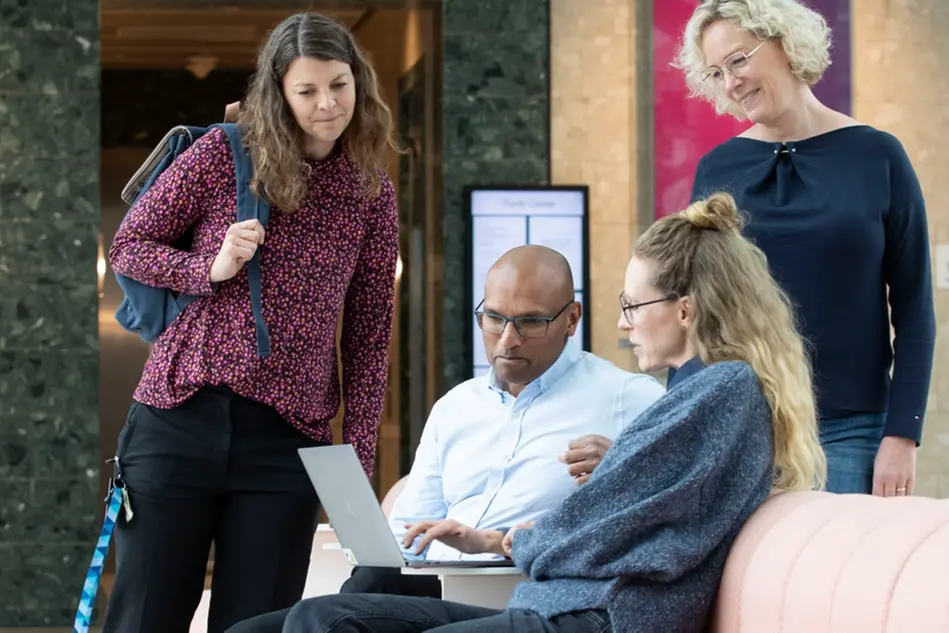International staff support
Moving abroad to work or study in a new country can be an exciting adventure, but also a very big change. Here we have gathered information regarding relocation to Sweden and Halmstad University.
This information is recommended for new employees moving to Halmstad from overseas when starting their new employment at Halmstad University.

HR Excellence in Research (HRS4R)

Halmstad University has received the award HR Excellence in Research by the EU Commission. The award is a sign that Halmstad University works actively to develop a stimulating work environment with good conditions and career opportunities as well as transparent and competency-based merit assessment processes for our researchers. This is in line with the statutes and principles set up by the European Commission.

